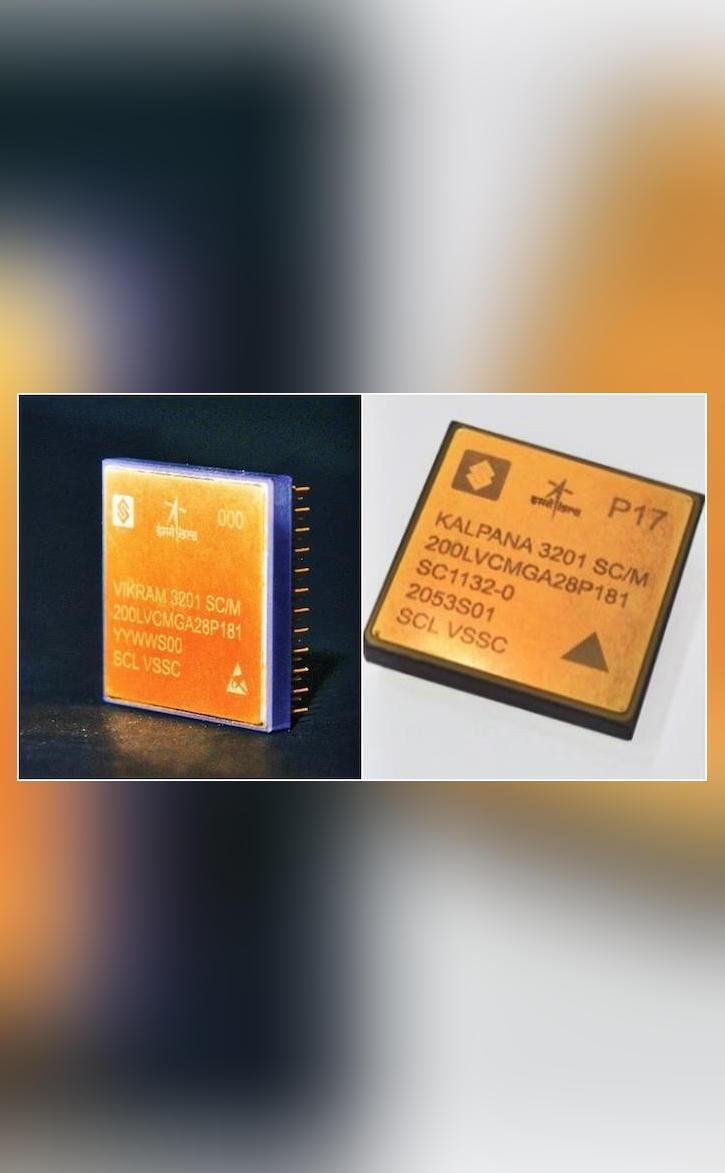
ISRO & SCL Develop 32-bit Microprocessors for Space Applications
In a significant breakthrough in the field of space technology, the Indian Space Research Organisation (ISRO) and the Semiconductor Laboratory in Chandigarh have jointly developed two 32-bit microprocessors, VIKRAM3201 and KALPANA3201. These microprocessors have been designed and developed specifically for space applications, marking a major milestone in the country’s quest for self-reliance in the space sector.
The VIKRAM3201 microprocessor is a significant achievement, as it is the first fully “Make-in-India” 32-bit microprocessor that has been qualified for use in the harsh environmental conditions of launch vehicles. This development is a testament to the capabilities of Indian researchers and engineers, who have worked tirelessly to design and develop a microprocessor that meets the stringent requirements of space applications.
The development of these microprocessors is a result of a collaborative effort between ISRO and SCL, with the objective of creating a indigenous 32-bit microprocessor that can be used in various space applications. The VIKRAM3201 and KALPANA3201 microprocessors are designed to operate in extreme environments, including temperatures ranging from -20°C to 100°C, radiation levels of up to 10 Mrad, and high vibrations.
The VIKRAM3201 microprocessor is a 32-bit RISC (Reduced Instruction Set Computing) processor that operates at a frequency of 48 MHz. It has a memory bandwidth of 32-bit and supports a range of interfaces, including SPI, I2C, UART, and CAN. The microprocessor is designed to be highly reliable and fault-tolerant, with features such as error correction and detection.
The KALPANA3201 microprocessor, on the other hand, is a 32-bit dual-core processor that operates at a frequency of 48 MHz. It has a memory bandwidth of 32-bit and supports a range of interfaces, including SPI, I2C, UART, and CAN. The microprocessor is designed to provide high processing power and can be used in applications that require multiple tasks to be performed simultaneously.
The development of these microprocessors is a significant step forward for the Indian space industry, as it enables the country to design and develop its own space-grade microprocessors. This will reduce the country’s dependence on foreign suppliers and enable it to develop more complex and sophisticated space systems.
The VIKRAM3201 and KALPANA3201 microprocessors have been developed using advanced design tools and techniques, including computer-aided design (CAD), verification, and testing. The microprocessors have been manufactured using a 0.35 μm CMOS process, which is a state-of-the-art technology in the field of semiconductor manufacturing.
The development of these microprocessors is a testament to the capabilities of Indian researchers and engineers, who have worked tirelessly to design and develop a microprocessor that meets the stringent requirements of space applications. The VIKRAM3201 and KALPANA3201 microprocessors are designed to be highly reliable and fault-tolerant, making them ideal for use in space applications where reliability and fault tolerance are critical.
In conclusion, the development of the VIKRAM3201 and KALPANA3201 microprocessors by ISRO and SCL is a significant achievement that marks a major milestone in the country’s quest for self-reliance in the space sector. These microprocessors are designed and developed specifically for space applications, and their development is a testament to the capabilities of Indian researchers and engineers.
Source:






